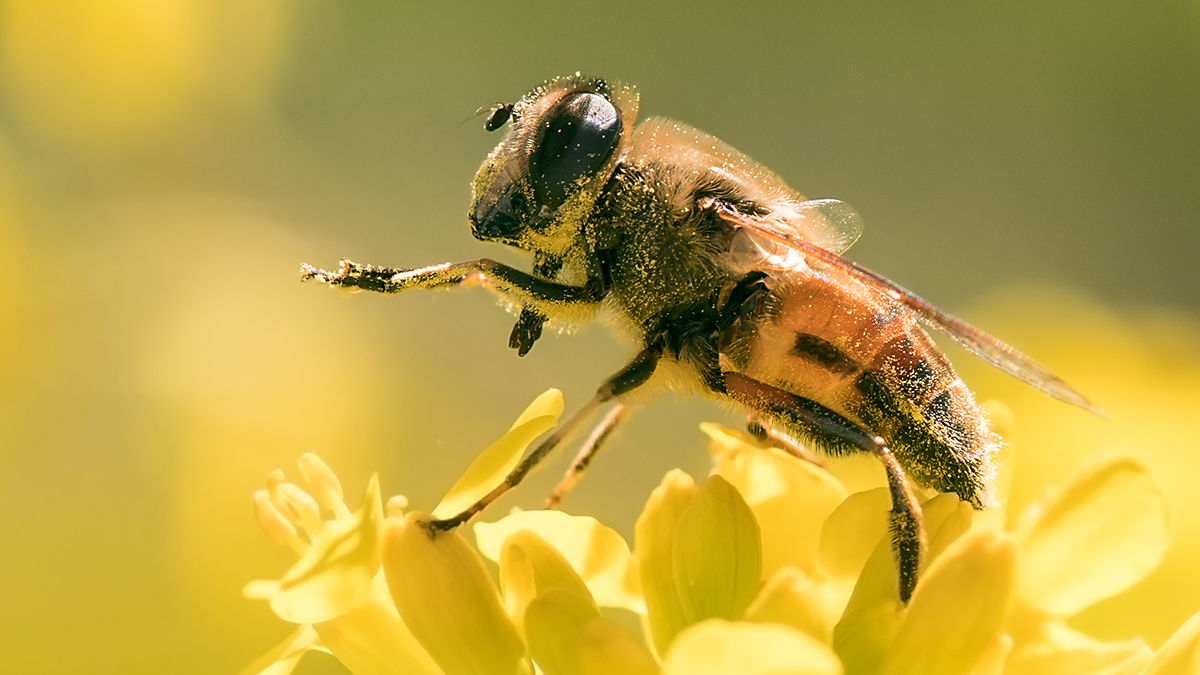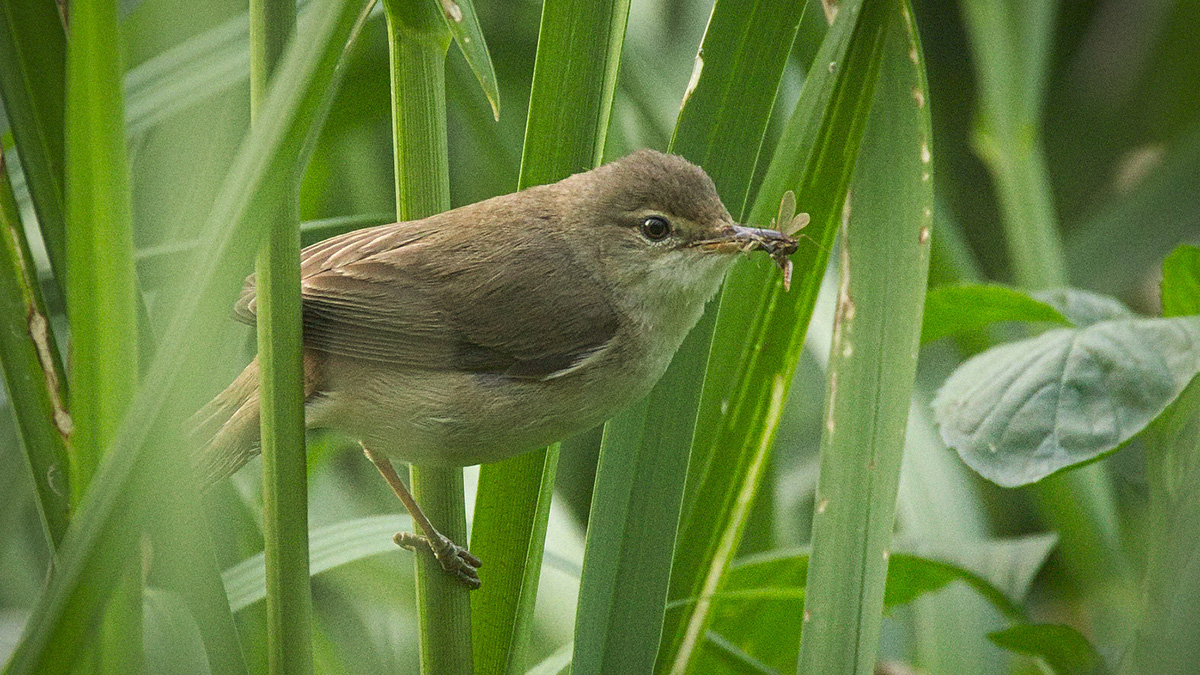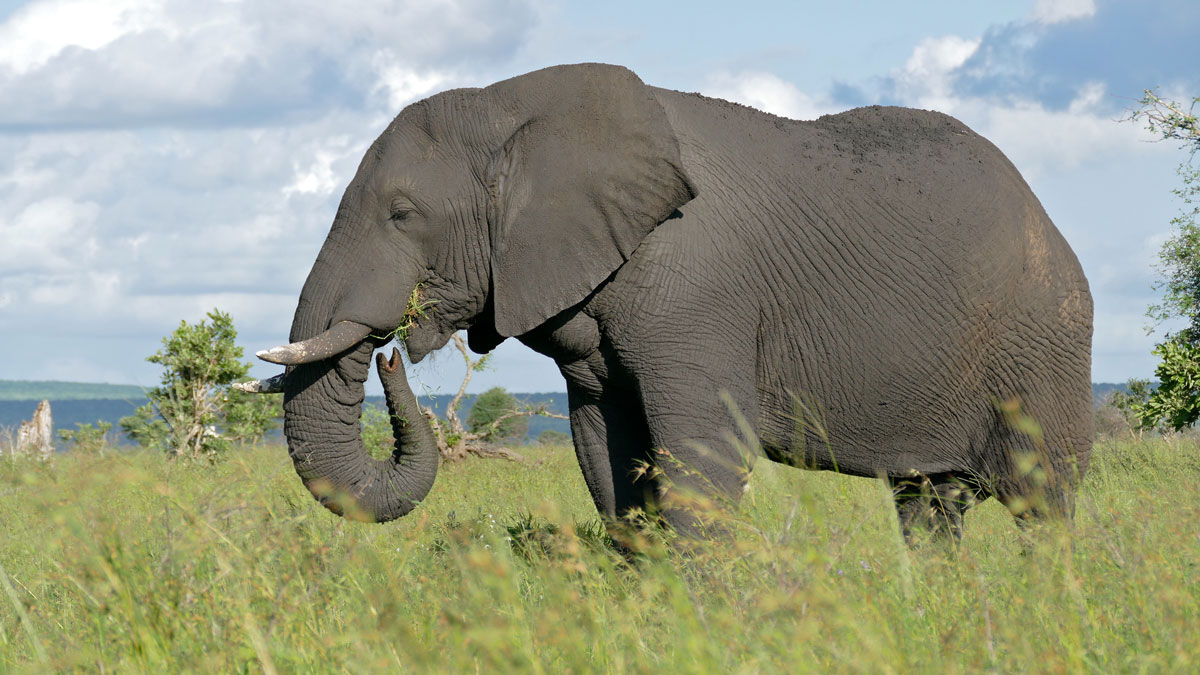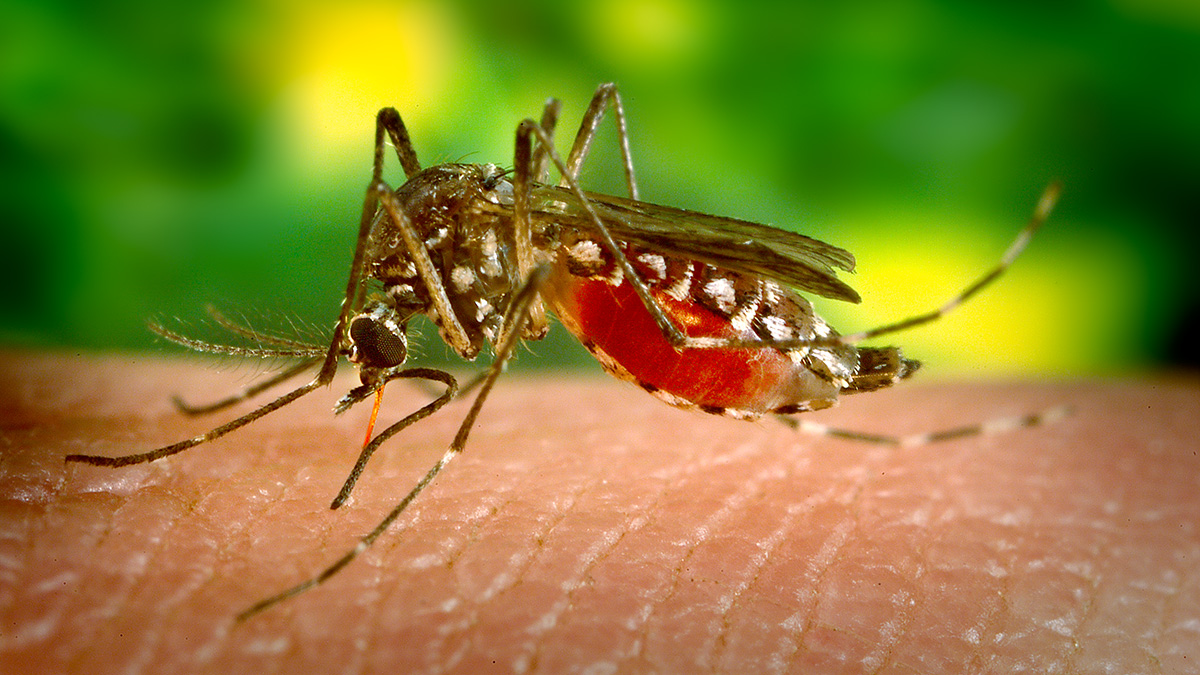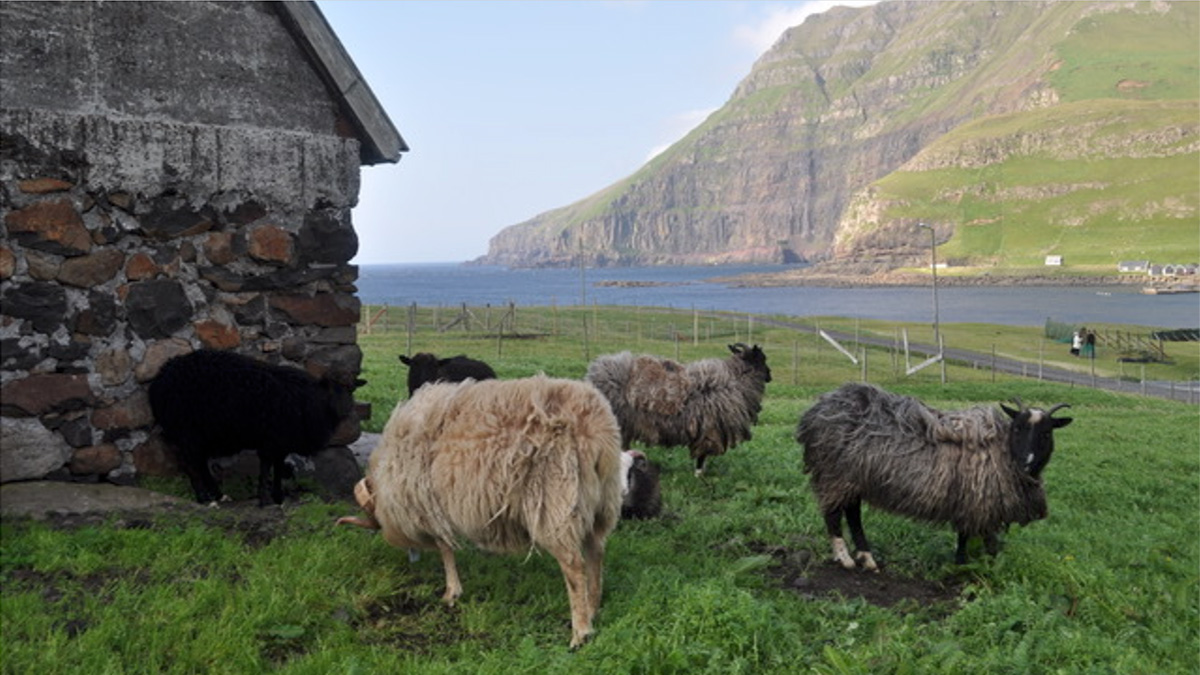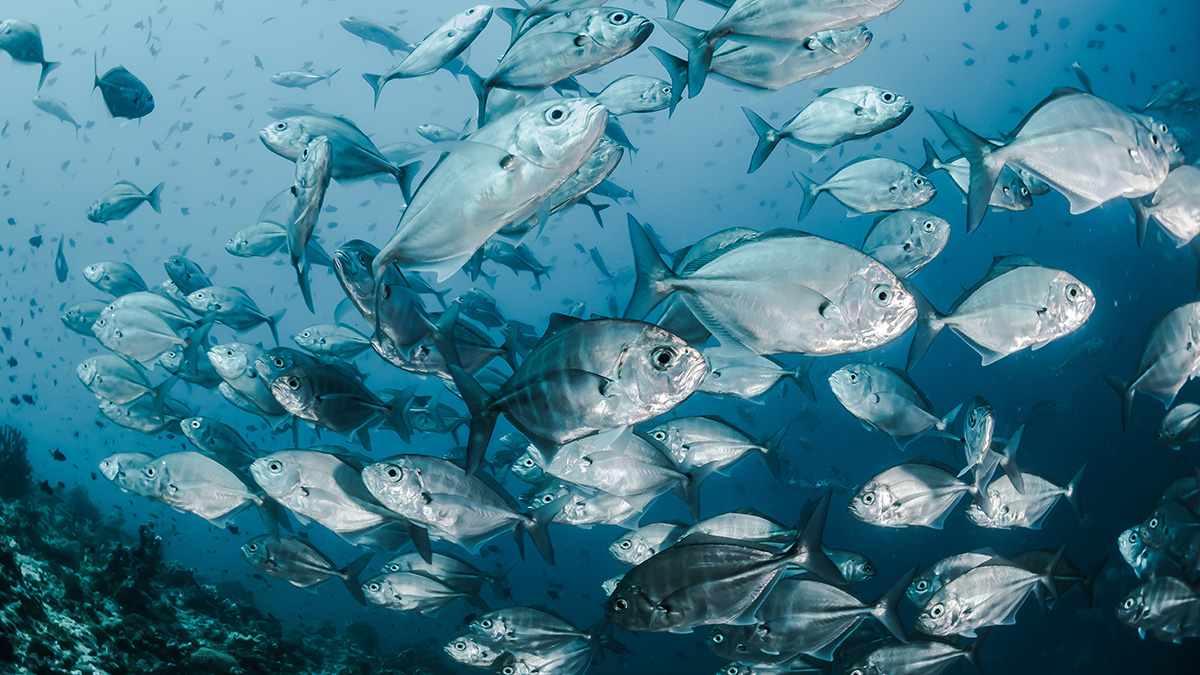Worsening flooding and erosion threaten places of “outstanding universal value” along the continent’s coastlines.
animals
Pollination Plummeted 31% in Polluted Fields
Air pollution levels below “safe” limits (and lower than those commonly found in cities) led to a significant decrease in pollination by 10 common insects.
Magnetic Stop Signs Show Birds the Way Home
Just like salmon and sea turtles, these songbirds appear to be sensitive to shifts in the magnetic field.
Large Herbivores May Improve an Ecosystem’s Carbon Persistence
The grazing habits of wild animals like elephants and boars enable long-term carbon storage, according to new research that stresses the need to align climate mitigation goals with biodiversity conservation.
Termite Fumigation in California Is Fueling the Rise of a Rare Greenhouse Gas
The insecticide sulfuryl fluoride isn’t included in federal or state emissions reduction goals.
Ancient Eruptions Reveal Earliest Settlers on the Faroe Islands
Lake sediment is helping scientists resolve a decades-long historical mystery.
Ancient Fish Thrived During a Period of Rapid Global Warming
Teeth and scales preserved in marine sediments suggest that fish thrived during one of Earth’s fastest-warming periods.
Bright Lights, Big Cities Attract Migratory Birds
The first stopover site map for U.S. migratory birds reveals the attraction of urban light pollution.
Arctic Unicorns and the Secret Sounds of a Glacial Fjord
The successful deployment of a seafloor seismometer near the calving front of a Greenland glacier has opened a new avenue to study hidden glacial processes and the behavior of fjord-dwelling wildlife.


